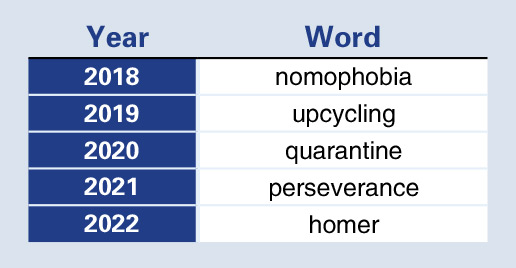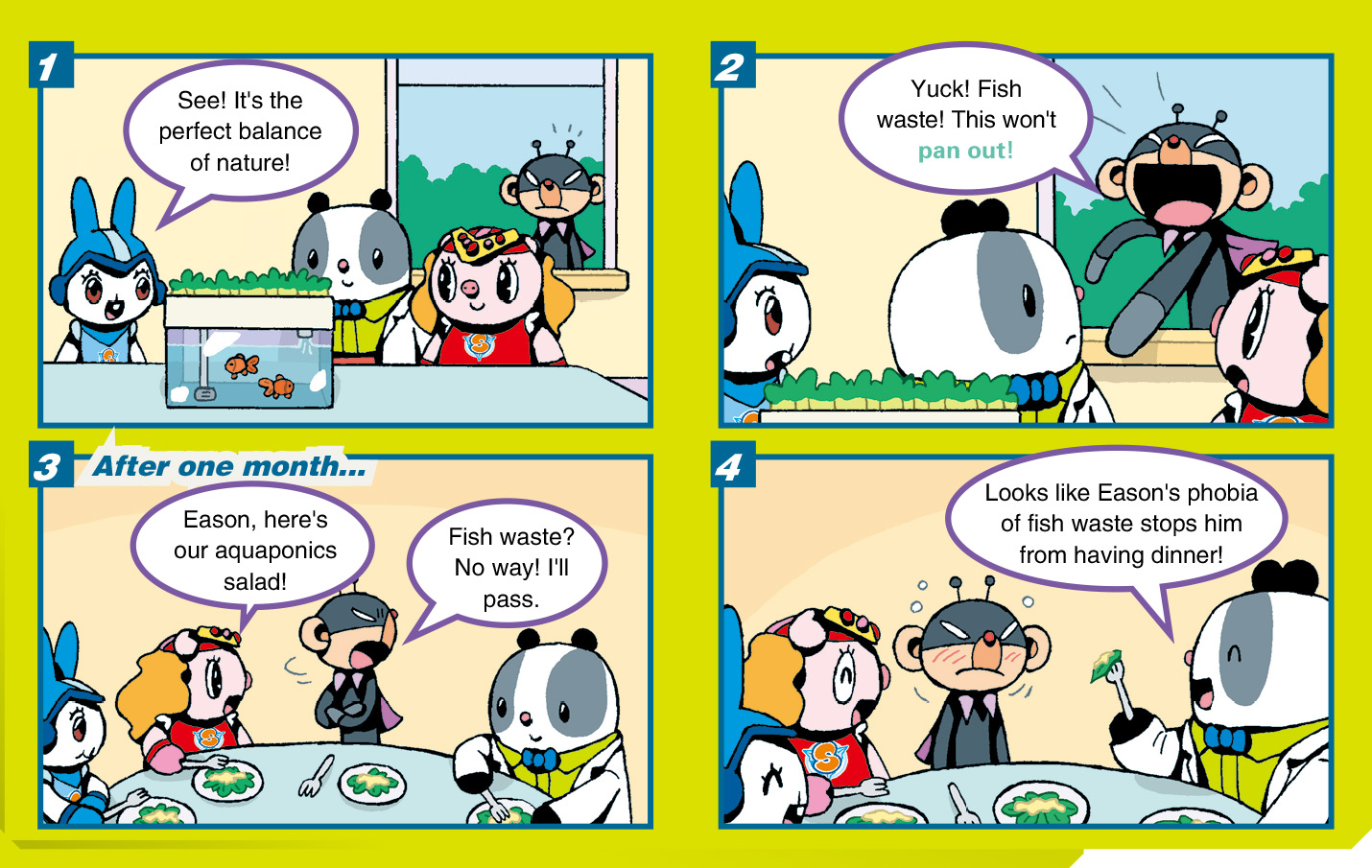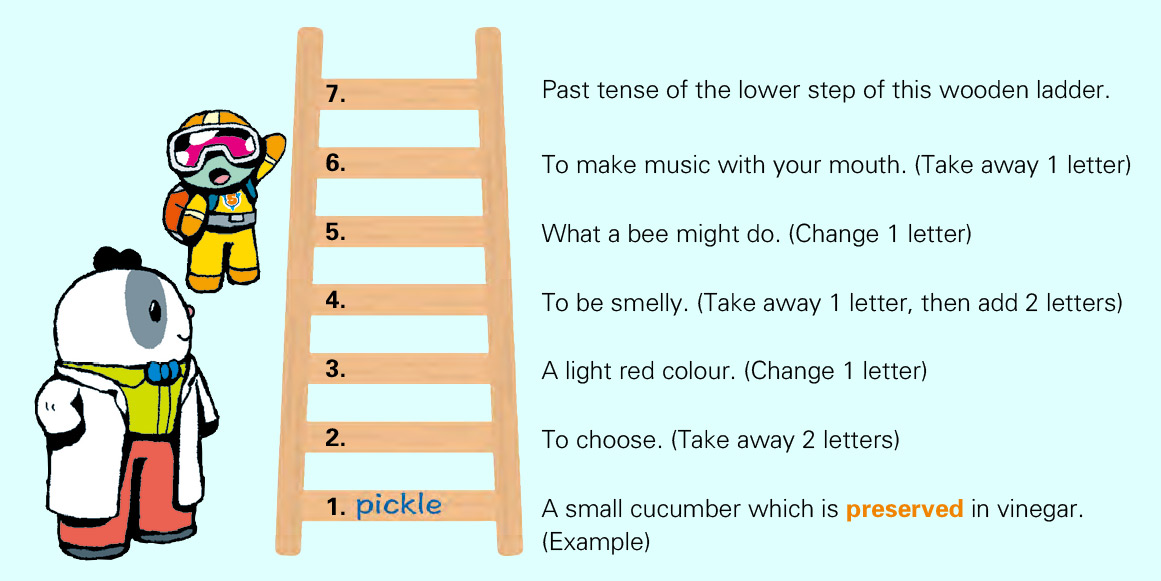Talk of the town :Hallucinate Word of the Year 2023
【明報專訊】The Cambridge Dictionary has published the "Word of the Year" since 2015, using data to choose the
highest-spiking word in the year. Recently, the Dictionary has revealed its Word of the Year for 2023 to be
"hallucinate" (產生幻覺), a word that adopted additional AI-related meaning this year. Merriam-Webster's word of the year for 2023, "authentic"
(真實的), is also related to AI.
Definition of "hallucinate"
According to the Cambridge Dictionary, "hallucinate" originally refers to "seem to see, hear, feel, or smell something that does not exist, usually because you are ill or have taken a drug". In its new meaning, "hallucinate" describes artificial intelligence's action to produce misleading information.
Why choosing "hallucinate"?
The reason for the team of the Cambridge Dictionary to choose this word is because of the increasing popularity of AI in 2023. Furthermore, the choice of the word also reflects the fact that people are still learning how to interact with AI safely and effectively, as well as being aware of both potential strengths and current weaknesses of AI.
In 2023, lexicographers from the Cambridge Dictionary also expanded its collection of AI-related definitions to include terms such as "large language model" (LLM), "generative AI" (GenAI), and "GPT."
Previous Words of the Year
(Cambridge Dictionary)
(See the table 1)
Are you curious about the meanings of the above words and why they were chosen? Look them up in the dictionary and satisfy your curiosity!
■Game
Which AI Chatbot is hallucinated:
if there are 10 cookies and you eat 2, how many cookies are left?
AI Chatbot A 8 cookies.
AI Chatbot B 10 cookies.
(Answer on next text)
■Gear up
The Word of the Year for 2020 published by the Cambridge Dictionary was "quarantine".
True / False
(Answer on next text)
■Grammar Booster
Look something up
"Look something up" is an phrasal verb, which means to look for information in a book or on a computer.
E.g. Let's look it up in the dictionary.
adopt (v) 採納
interact (v) 互動
lexicographer (n) 詞典編纂者
curiosity (n) 好奇心
(Criticisms on this publication, if any, are aimed at pointing out the errors or defects of certain systems or policies with a view of rectifying or eradicating such errors or defects, as well as prompting improvement or remedy for them via lawful means. There is absolutely no intention of inciting hatred, discontent or hostility towards the government or other classes of the community.)
[Smarties' Power English 第396期]









